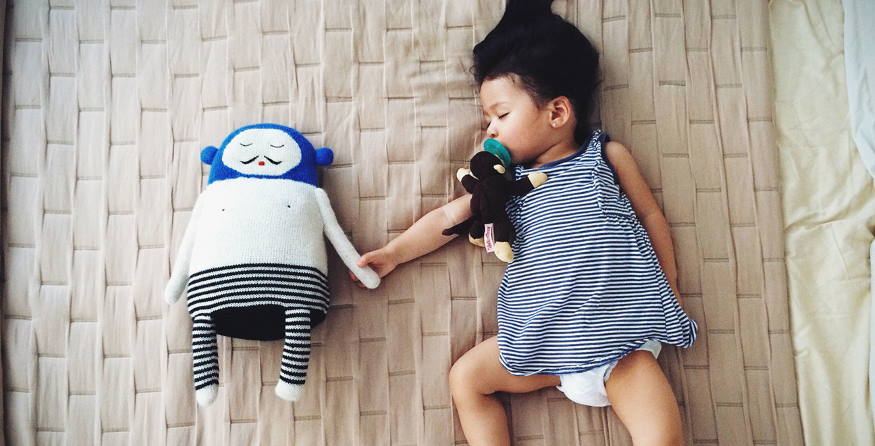Neglect is a failure to meet the basic needs of the child, and it is the most common form of child abuse. Neglect puts the child in danger in terms of physical and mental wellness. Warning signs of child neglect often include dirty clothes, severe body odor, and injuries that are not treated.
Types of Neglect
Physical Neglect
Physical signs of child neglect include ignoring the child’s basic needs such as food, clothing, and shelter; desertion of a child without giving proper supervision and failure to provide adequate protection for the child and driving a car when intoxicated with a child and leaving the child in a car alone.
Educational Neglect
Not providing the child with education or refusing treatment of learning disorders.
Emotional Neglect
When a child is ignored, humiliated, or isolated. They leave the child with feelings of worthless and those children will end up with trouble in handling emotions.
Medical Neglect
When a child is not given proper healthcare and his health is ignored.

Signs of Neglect
Neglected children are very difficult to identify. Sometimes, a physical examination can identify this abuse.
Poor hygiene
- Diaper rash in infants.
- Being dirty.
- Illnesses that are not treated.
Developmental issues
- Anemia.
- Swollen tummy.
- Growth issues.
Housing and family issues
- Being sent out by the family.
- Living in a miserable condition.
- To take care of other family members.
Change in behavior
- Being aggressive.
- Being withdrawn.
- Poor social skills.
- Absented from school.
- Using drugs or alcohol.
Neglect may also be evidenced when,
- The caretaker does not have any concern for the child.
- Apathetic towards the child.
- Using illegal drugs.

Self-Soothing Behavior
Self-Soothing Behaviors in Children can be identified when a child wants to regulate their emotions when it is not met by the parents or caretakers. The emotion of the child is often taken care of by self-stimulating behavior.
Examples of self-soothing behavior are finger sucking, clothes sucking, hair twisting, head banging, restlessness, and making different sounds.
Final thought:
When a child receives physical touch and affection from the parents or caretakers, the self-soothing behavior will dissipate over a period of time. Love and caring family gives unconditional love for their children and allows them to grow as a self-esteemed person. So take care your child and help them to overcome their difficulties.

